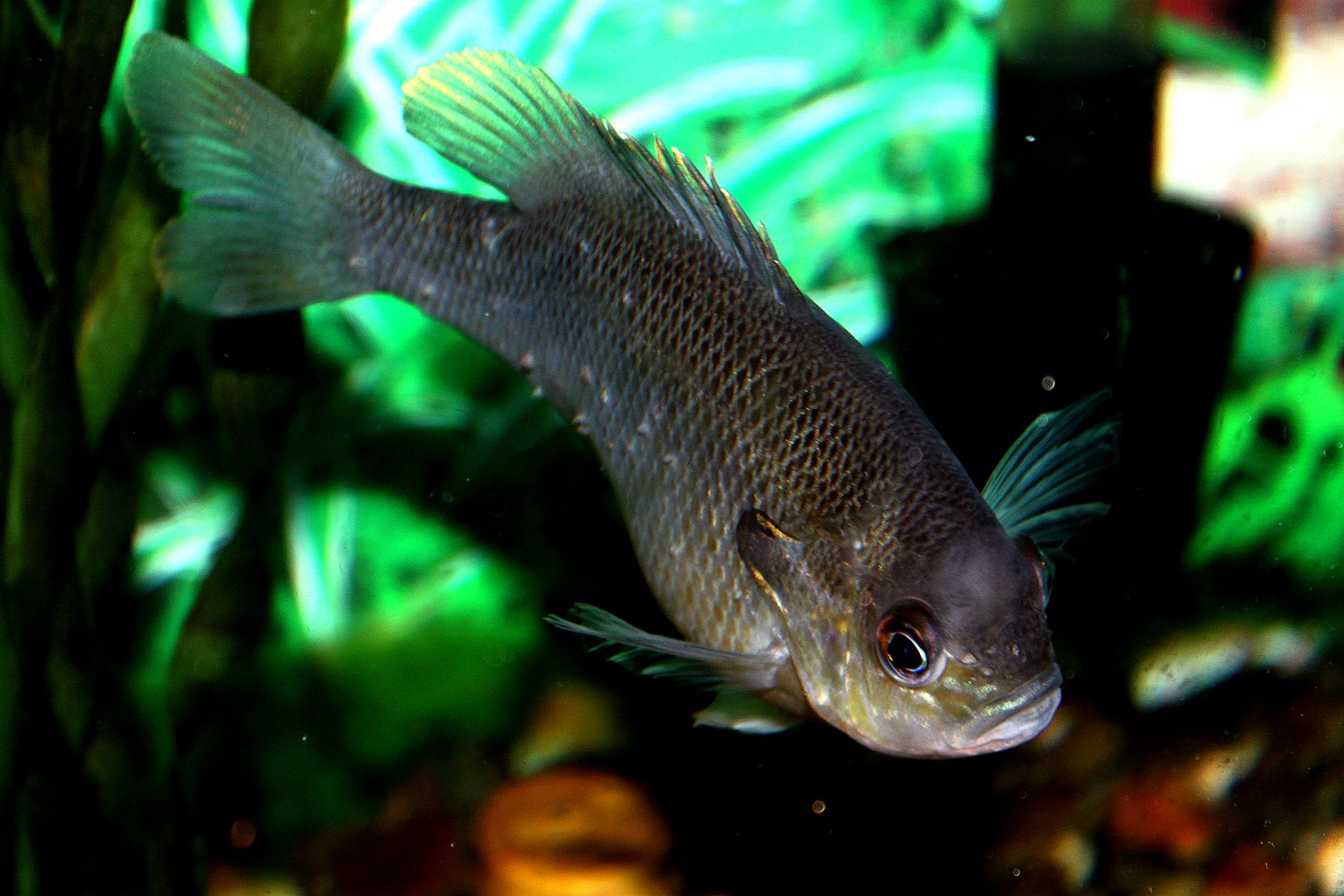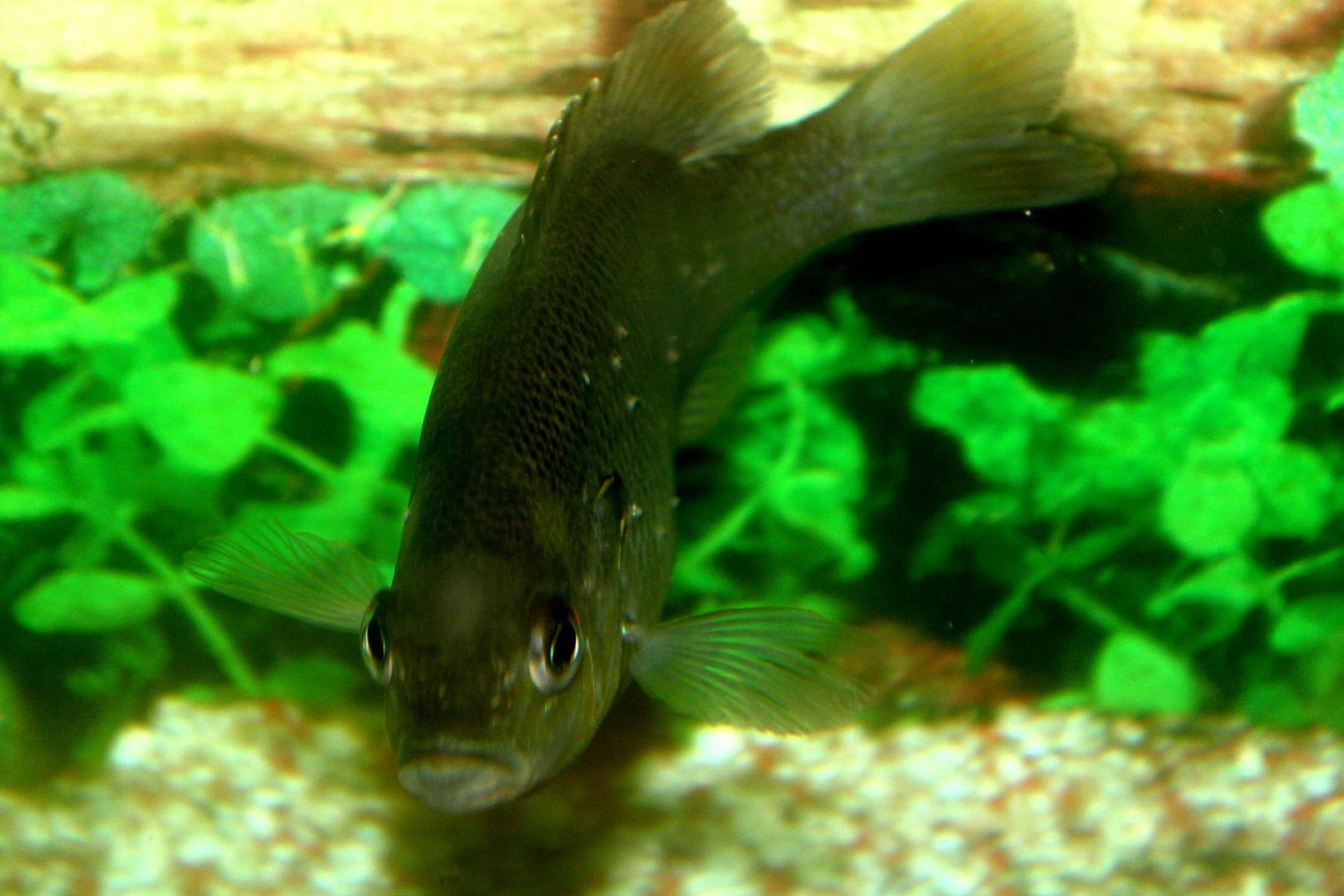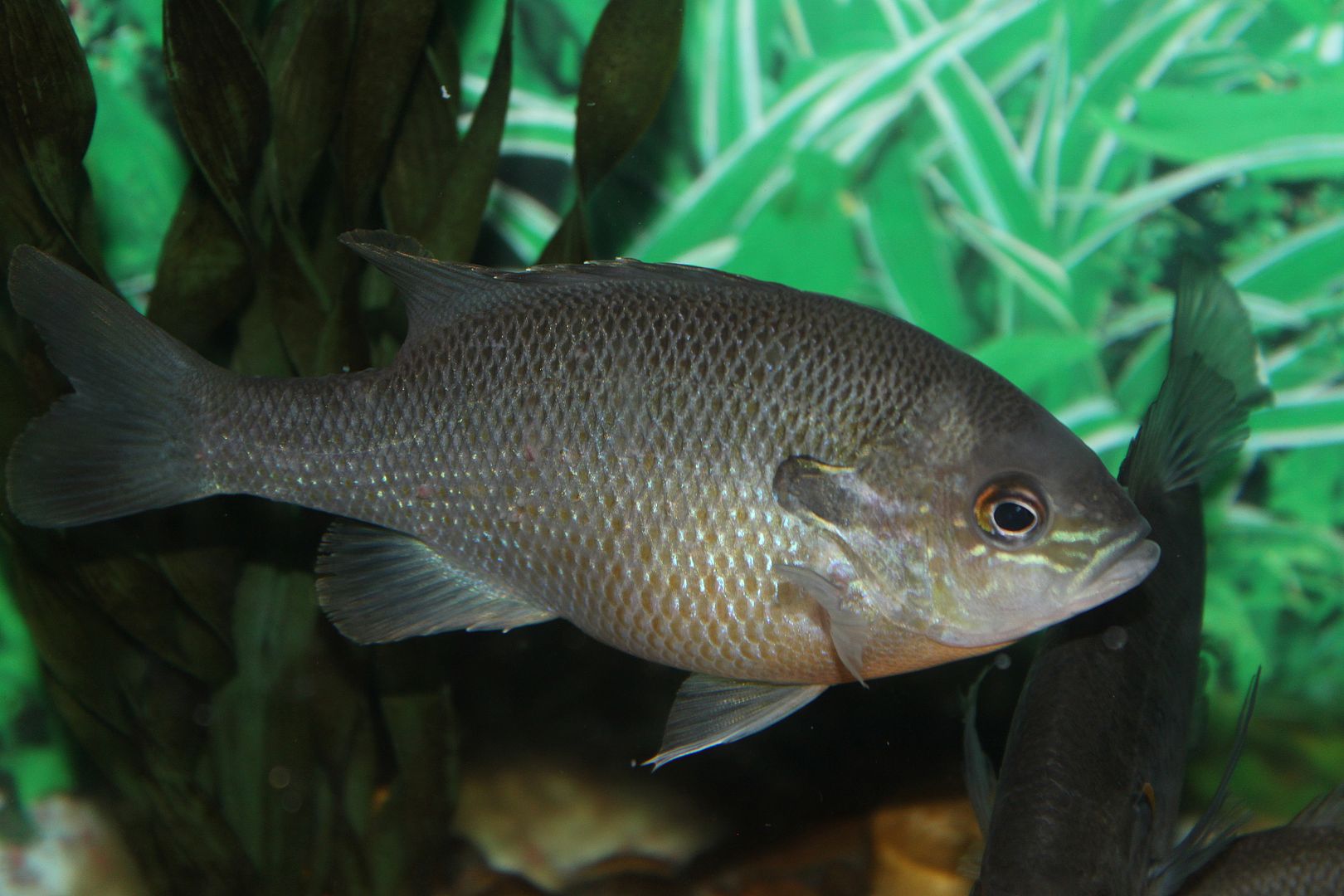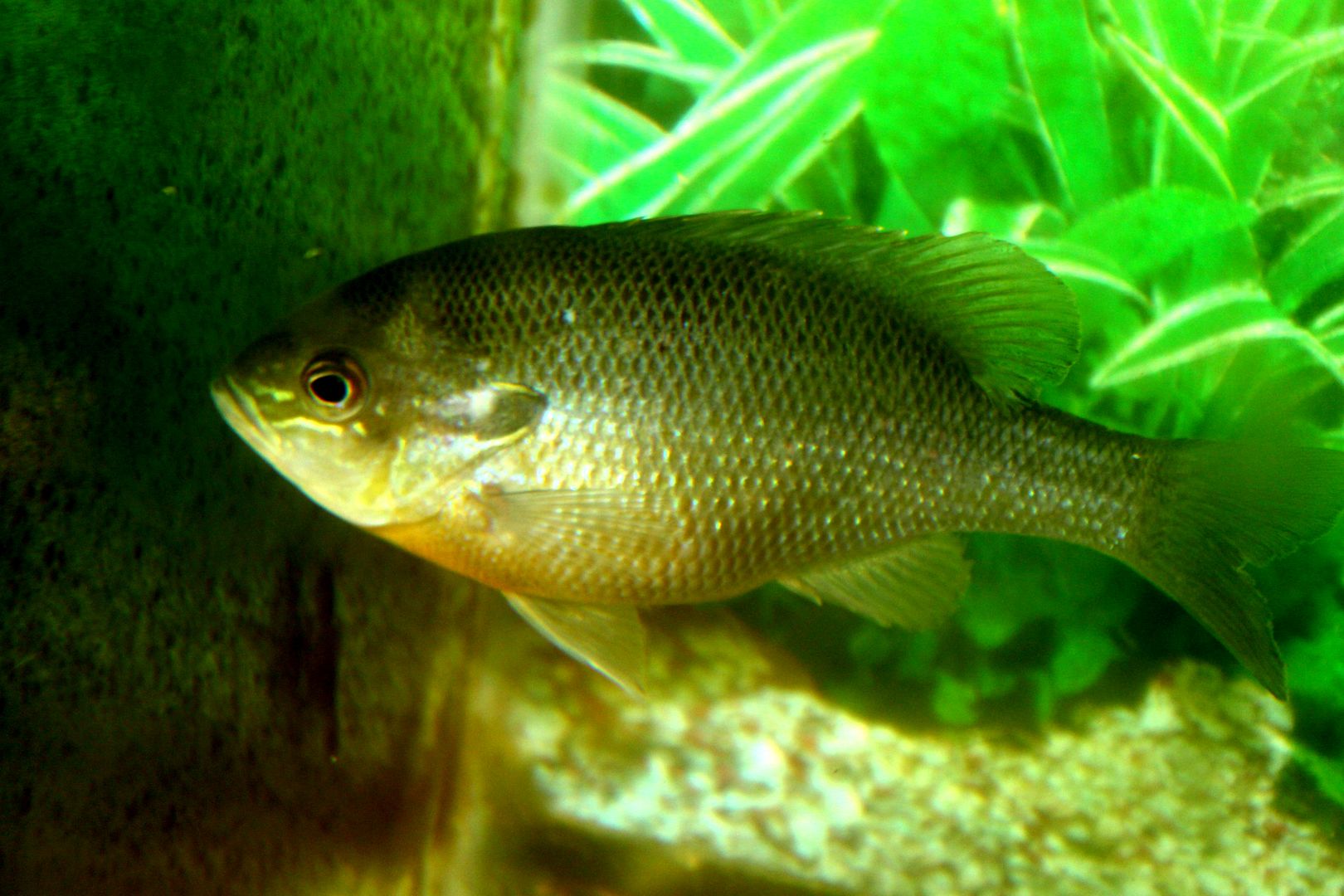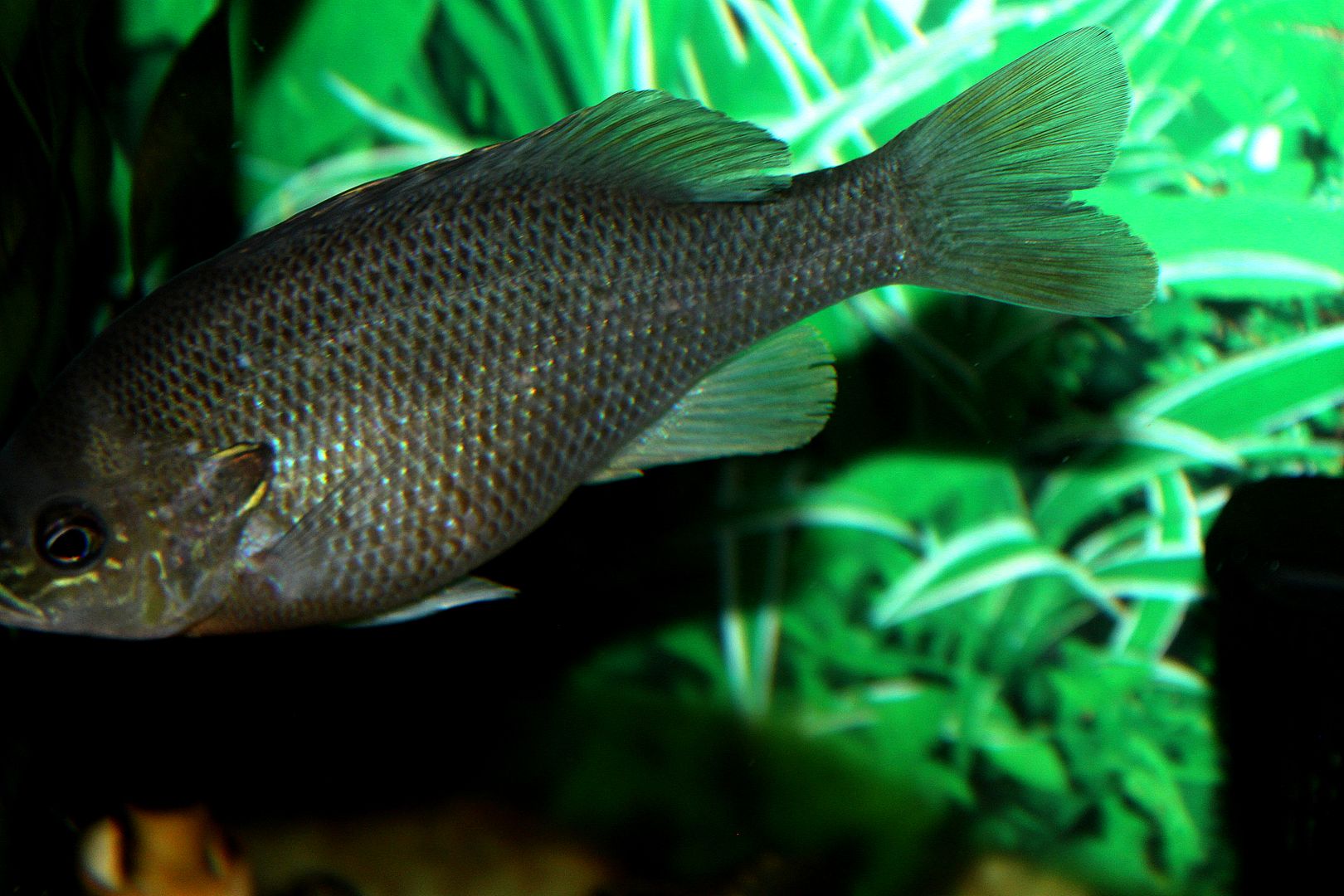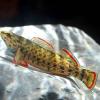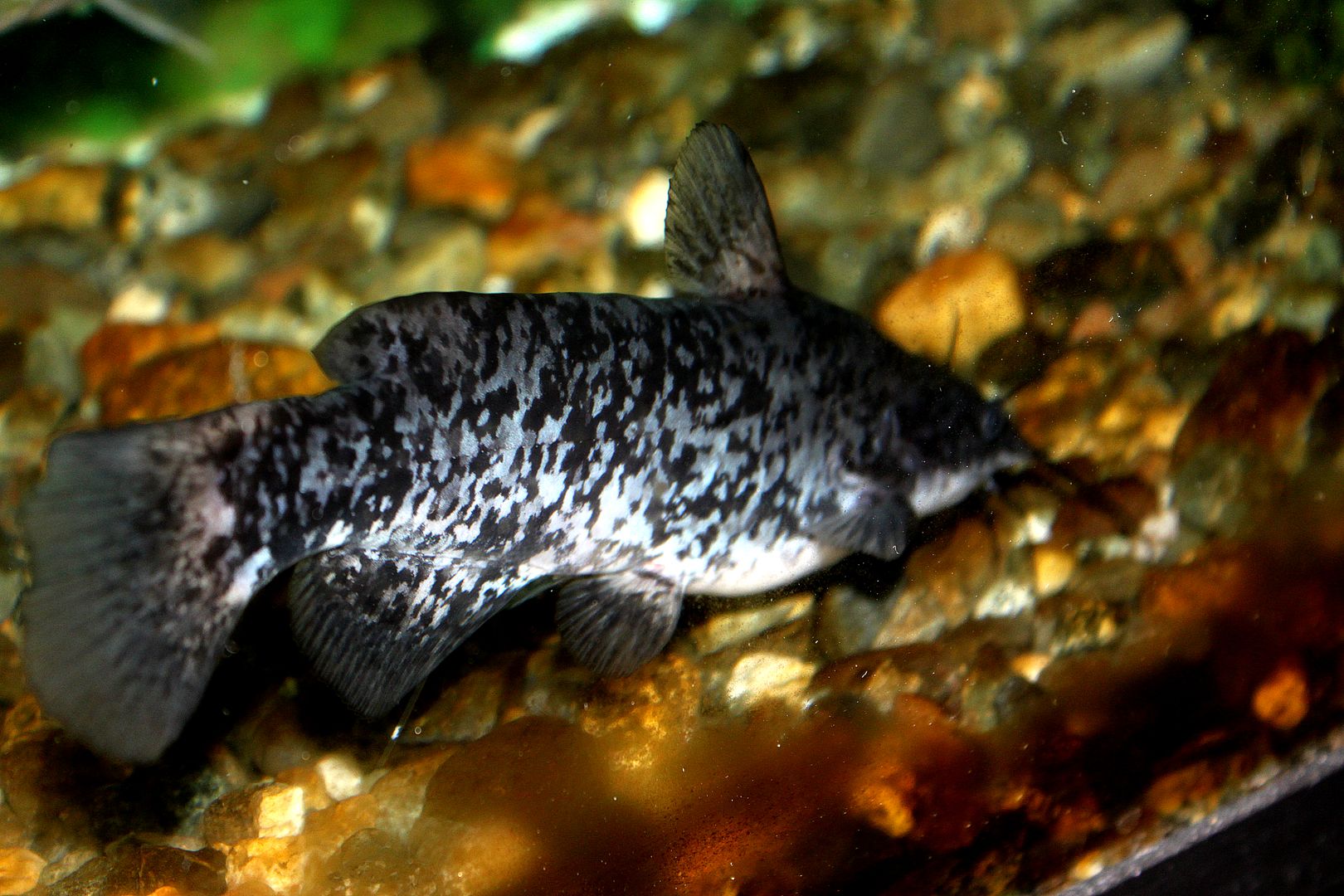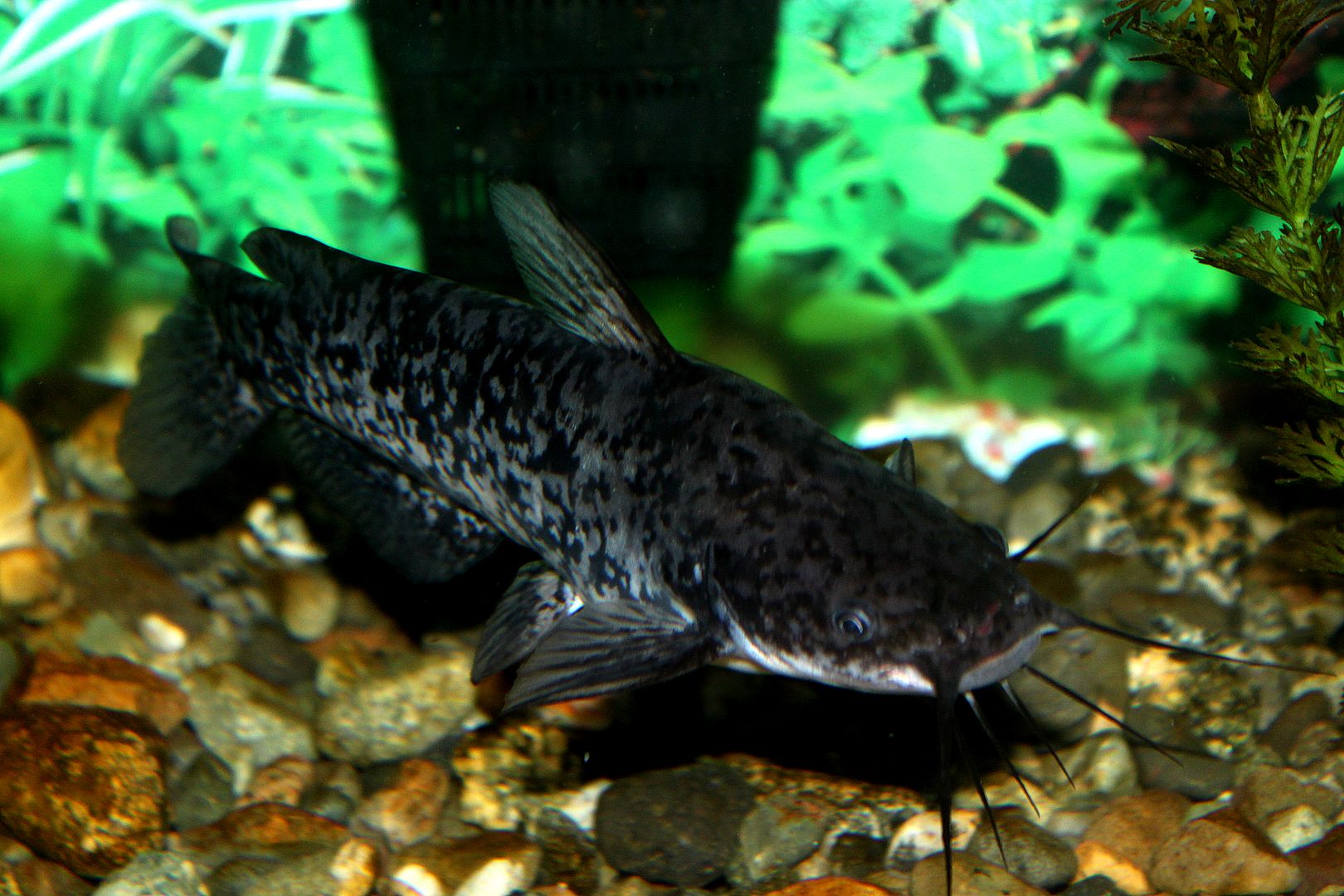Posted 27 November 2014 - 03:51 PM
Thanks lttlen, excellent instructions!
I'm inclined to the former treatment as it would hopefully disinfect the the tank. While the fish remain healthy in this environment, it is difficult to keep ambient temperature below 74 F. While this is not "high" for these species, I believe that seasonally lower temperatures - down to 50-ish F - are "best". My point is this: At this elevated, constant ambient temperature, the fish might be more susceptible to an infection of any sort should any new stressor be introduced. However, if I read the life-history of this particular class of ectoparsites correctly, the free-swimming stages lose viability if they don't reattach within 3 days of being 'released'. However, I am unconvinced of that "certainty". I have learned over the years that most biological science "facts" are more "general rules". "Sterile" critters find a way to produce viable offspriing. "Inescapable" enclosures, aren't. Those that "can't survive/reproduce in this environment", do. Therefore I am inclined to a "belt and suspenders" approach, which is more like your whole-tank treatment.
While the local fish store has goldfish (Carassius auratus) feeders, I used Danio sp. and guppies (Gambusia sp) because of their smaller size. I wasn't thinking about this sort of infection when I purchased them to vary the diet and provide some predatory stimulation. Obviously, I should have. No more fish store feeders for me. Of course it is possible that the fish came from the supplier infected, but I don't think that is the case for a couple of reasons. First, none of the other fish became infected, and this didn't show up until 5-ish months after receipt. I think the feeders were the vector.
I find it curious that the other fish have not become infected. I don't like those kinds of 'mysteries' as they too often lead to 'surpirses' - usually unpleasant ones - in the future. Furthermore, understanding why only one fish among several - the largest one and still vigorous - is the only one infected, is part of having a comprehensive understanding how my 'system' is functioning. "Comprehensive understanding" helps prevent (not eliminate), future surprises. While it is likely that I will never know why only this fish is infected, I will do my best to 'figure it out'.
I sincerely appreciate your thorough tutorial, and will keep you posted with respect to how things turn out.
Thanks,
Paul
